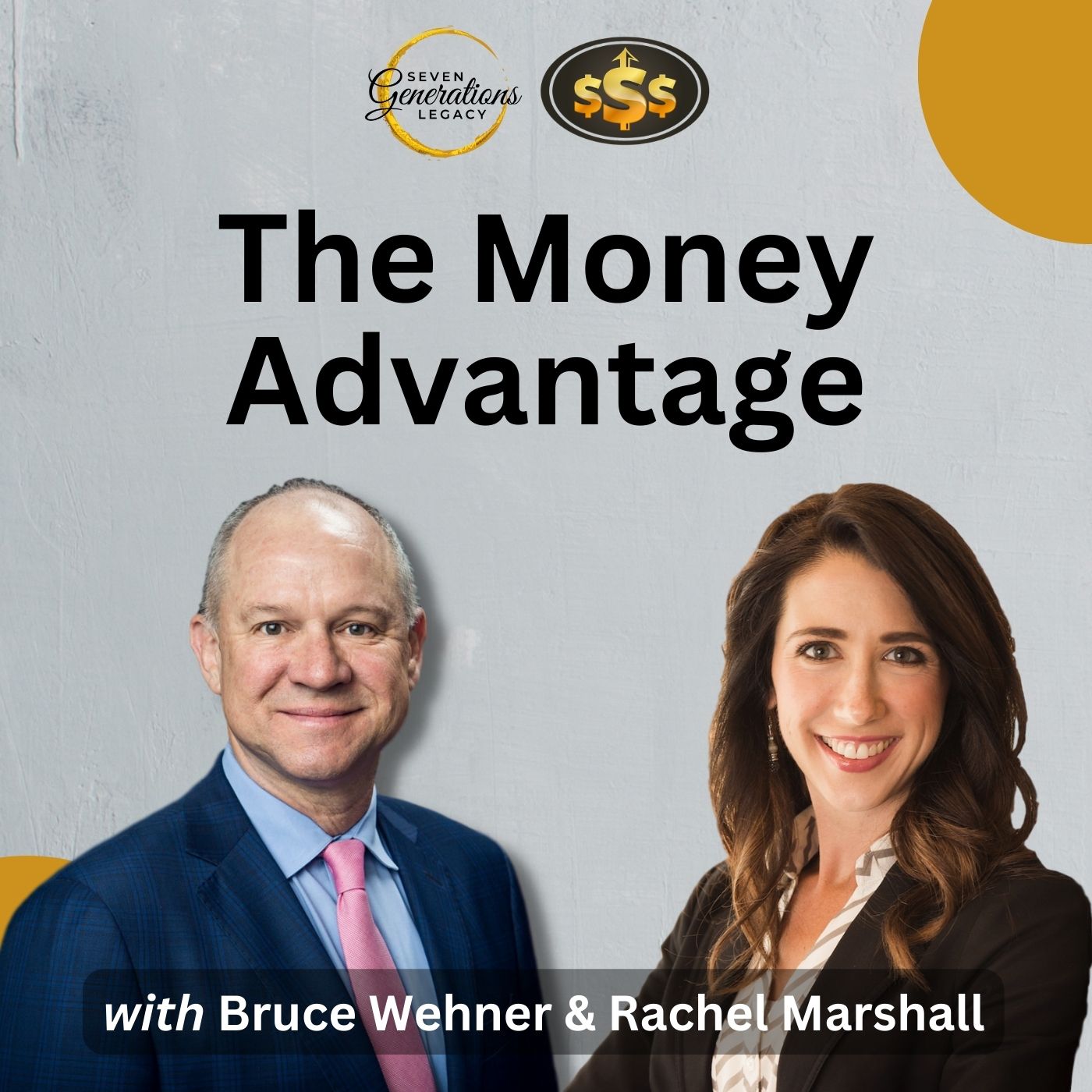Infinite Banking Concept Policies: IBC Underwriting, Loans, and Future Death Benefits
You've decided that you want an Infinite Banking (IBC) policy. You've done the research, and you want a better place to store cash that has the benefits of safety, liquidity, and growth on cash storage. https://www.youtube.com/watch?v=1qJ8xIj5W4A What's next? What should you expect as you go through the purchase process? In this episode, we take a deep dive into the Infinite Banking Concept (IBC) and explore the intricacies of illustrations, underwriting, and loans. Join us as we navigate the complexities of IBC and help you make informed decisions about your financial future. Insurance is a ContractDirect Recognition vs. Non-Direct Recognition Life InsuranceYour Finances Impact Your ChoicesThe IBC Underwriting ProcessPossible Insurance Rating ClassesAccelerated UnderwritingIBC Death BenefitBook A Strategy Call Insurance is a Contract [4:28] “Contracts are the backbone of any society.” Nelson Nash said this and furthermore believed that if contracts were breached, that would mean the collapse of society. This is why you can rely on your whole life insurance policy–anything that is in your contract and part of your policy design will remain true for the entire length of your policy. Even as tax law changes and the IRS modifies what’s possible with a life insurance contract, this only affects future contracts. For example, in 1988 the IRS introduced something called a MEC limit. MEC stands for a modified endowment contract and is what a life insurance policy becomes if it’s over-funded. When you have a MEC, your policy loses all tax advantages. This happened because people were putting so much money into their insurance and accessing that money tax-free, and the IRS wanted a slice of the action. However, thanks to contract law, MEC limits (the maximum premium you can contribute without turning your policy into a MEC) only applied to new policies. To this day, Bruce has policies from the 80s that were never subject to MEC limits. This is an incentive to start a policy as soon as possible. You don’t know what the future holds, or how the IRS might modify the rules. You do know that you have a need for capital and a need for insurance. By locking it in today, you have more time to build capital, and you lock in all the current benefits of a life insurance contract. Those benefits cannot and will not be changed once the contract is signed. Direct Recognition vs. Non-Direct Recognition Life Insurance If you’re ready to buy a policy, it’s worth considering whether you want to work with a direct recognition or non-direct recognition company. This determines how dividends are applied to your cash value when you have an outstanding loan. Direct recognition companies “directly recognize” when you have an outstanding loan, and apply the dividend differently to any cash value with a lien on it. Non-direct recognition companies apply the dividend equally across your cash value, even if you have a lien on some of it. While this may make non-direct recognition seem better, there are no deals in the life insurance industry. In other words, everything is a trade-off. Direct recognition doesn’t automatically mean that cash value with a lien on it will earn less. It really means that it will be applied proportionately to the loan interest rate. And if the interest rate is much higher than the declared dividend, that portion of your cash value may actually earn a bit more. But if you intend to use your cash value often, non-direct recognition may be your best bet. The important takeaway here is that one is not leagues better than the other. After all, interest rates and dividends are unpredictable. Companies will ebb and flow. So don’t get too hung up on the little things, especially if it holds you back from making a choice. Go with your instinct, and don’t sweat the decision too much. You can always have multiple policies with different constructions.

